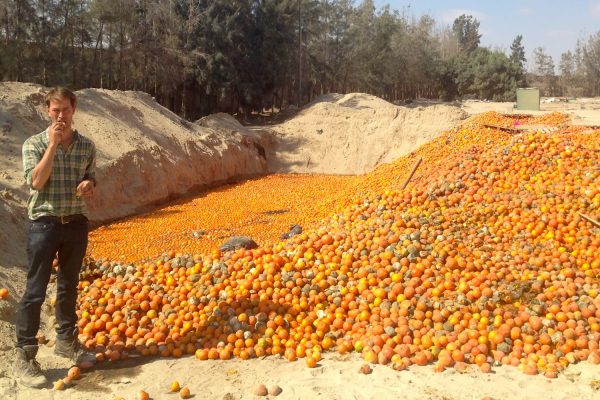 / Investigation
/ Investigation
I waste, they waste, we rescue
From surplus supermarkets to public refrigerators to food-tech, initiatives are proliferating in the fight against food waste. A worldwide round-up.
Catégories
 / Investigation
/ Investigation
Published 1 August 2017 by Cherise Fong
From surplus supermarkets to public refrigerators to food-tech, initiatives are proliferating in the fight against food waste. A worldwide round-up.
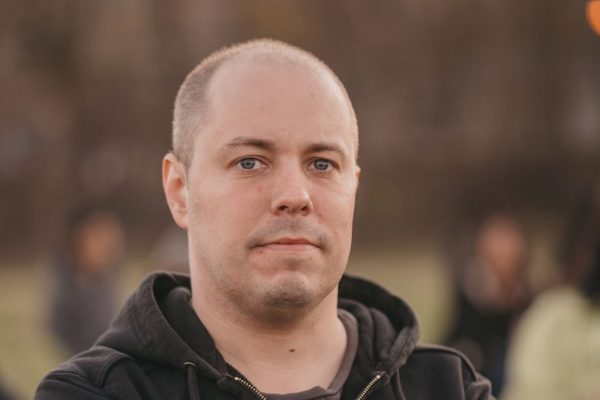 / Interview
/ Interview
Published 1 August 2017 by Ewen Chardronnet
Peter Frase is the author of “Four Futures: Life After Capitalism” and contributes to the American leftist magazine “Jacobin”. We caught up with him at the Border Sessions festival.
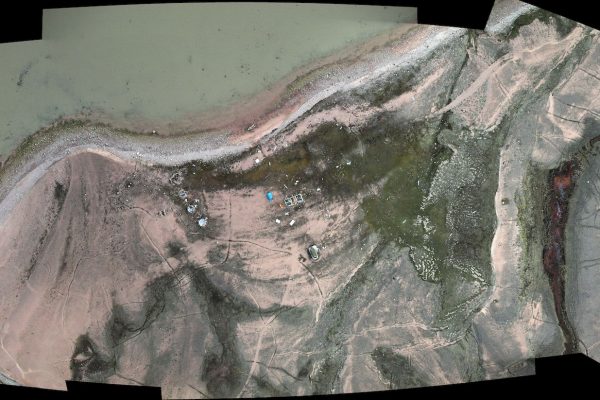 / Interview
/ Interview
Published 1 August 2017 by Benjamin Pothier
Second part in polar areas of our wide-ranging interview with Marko Peljhan, behind the Makrolab, on the occasion of the twenty-year anniversary of this utopian techno-ecological architecture.
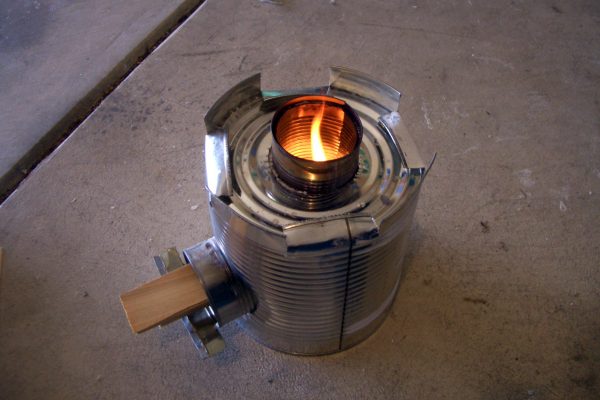 / DIY
/ DIY
Published 25 July 2017 by Victor Didelot
We tested it for you at the Névez IndieCamp in Brittany. The rocket stove is an economical eco-wood-burner to cook or warm up, at home as well as camping. Tutorial.
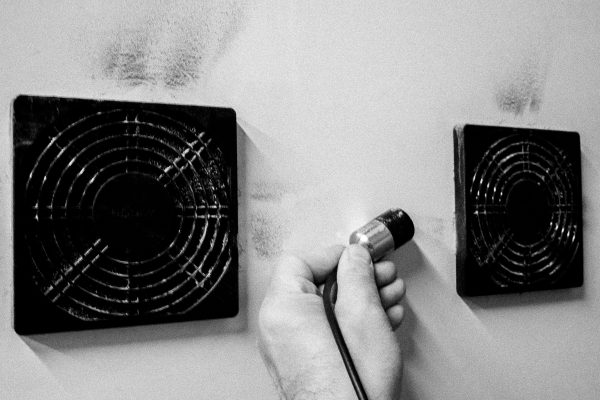 / Voices
/ Voices
Published 25 July 2017 by Jean-Philippe Renoult
At Arts Codés, a Parisian cooperative space, Jean-Philippe Renoult scrutinized the CNC electric panel by recording the low frequencies of the machine. Headphones highly recommended!
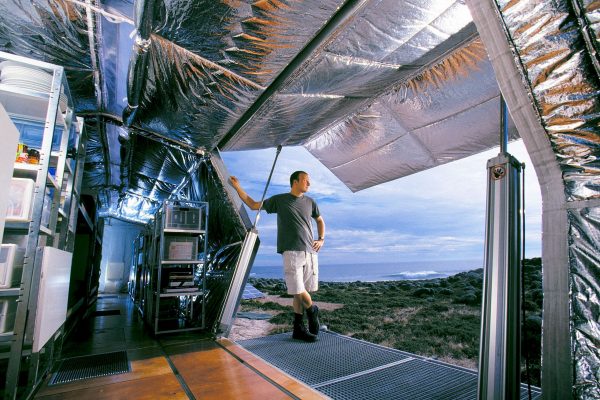 / Interview
/ Interview
Published 25 July 2017 by Benjamin Pothier
Interview with Marko Peljhan, the Slovenian artist behind Makrolab, which since 1997 has traveled around the world, hosting artists, hackers, scientists. Part 1.
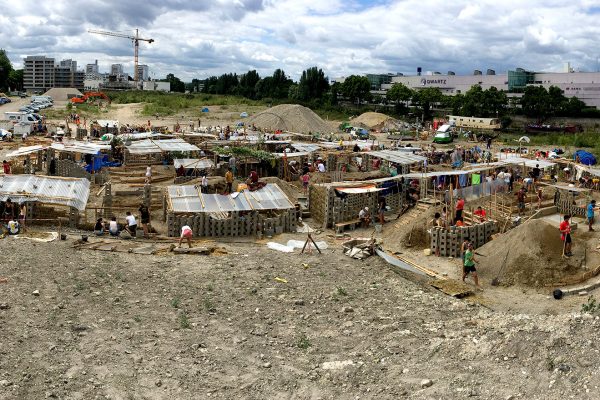 / News
/ News
Published 24 July 2017 by Caroline Grellier
To build an ephemeral city out of raw clay in less than 48 hours with 500 pairs of hands: this was the festival challenge of the experimental architecture organization Bellastock.
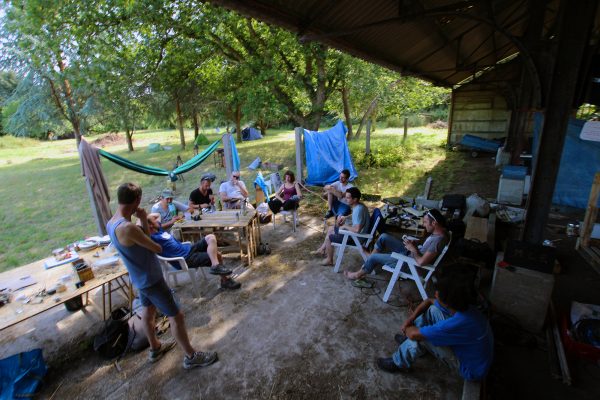 / News
/ News
Published 18 July 2017 by Victor Didelot
Experience a 100% DIY “maker vacation” at IndieCamp in Névez, Brittany, featuring a solar-powered shower, mycelium, ironworking and Raspberry Pi workshops.
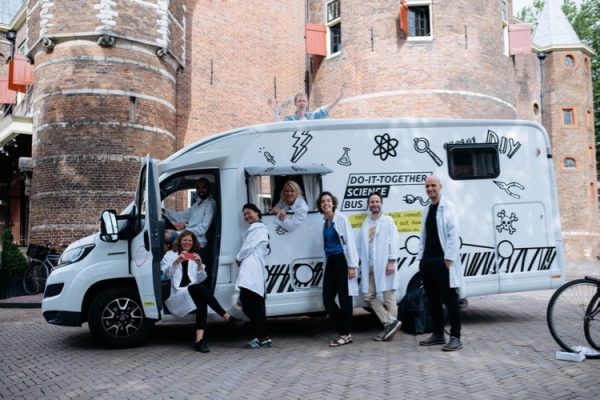 / Tidbits
/ Tidbits
Published 18 July 2017
On July 13, in Amsterdam, 10 scientist makers set off on their European tour on board the Do-it-Together Science Bus, in association with the Waag Society fablab.
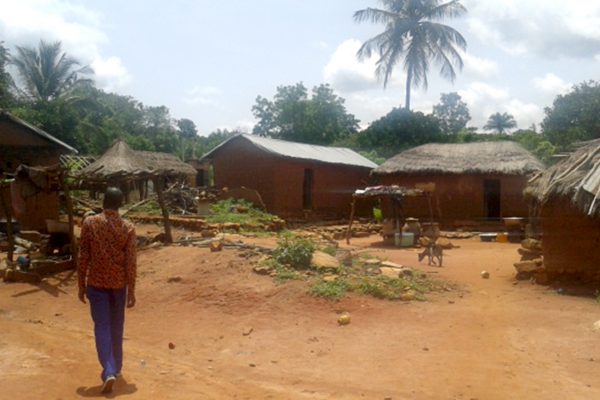 / Voices
/ Voices
Published 13 July 2017 by Caroline Grellier
Nearly five months that our material maker is in Africa with Termatière, her bio-sourced materials company. The key moments upon her return.
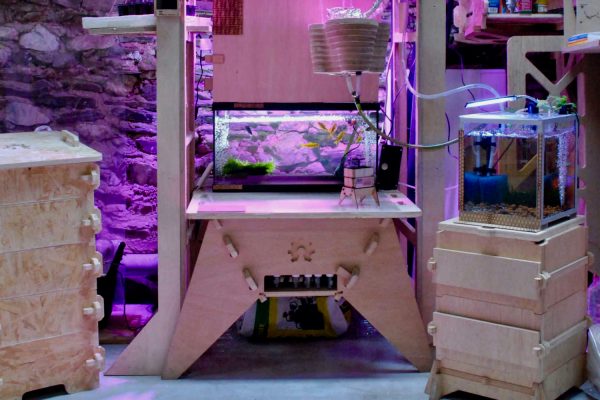 / Proto
/ Proto
Published 11 July 2017 by Nicolas Barrial
Conceived at the Green Fab Lab in Barcelona and currently in crowdfunding, Aquapioneers is an aquaponics kit for all pioneers of agriculture above ground.
 / Tidbits
/ Tidbits
Published 11 July 2017
The most powerful MRI medical scanner in the world, equipped with a magnet weighing more than 130 tons, was presented on July 6 by the NeuroSpin institute, a research center dedicated to human brain imaging.
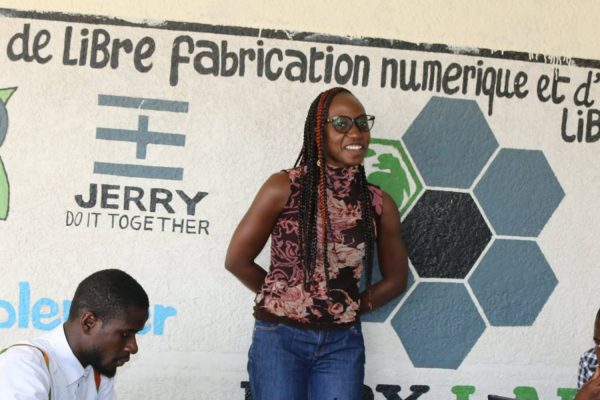 / Portrait
/ Portrait
Published 10 July 2017 by Caroline Grellier
The cliché of Africa, one digital revolution behind, is not for her. At 27, the “serial maker” has co-founded Baby Lab, a third place in Abidjan, and created her own brand of recycled jewelry.
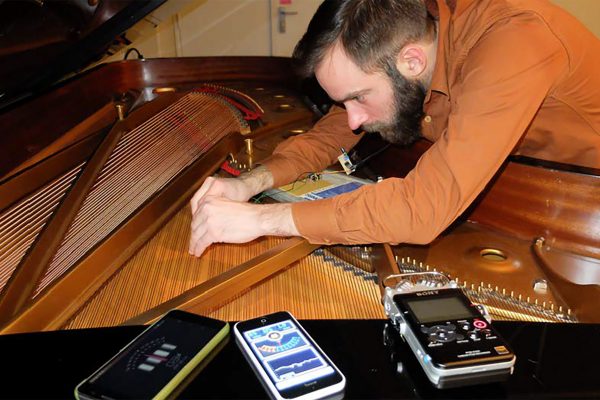 / Voices
/ Voices
Published 10 July 2017 by Antoine KiK
Antoine Bonnet aka KiK, circuit-bender, maker artist in electronics, DIYbio, textile and sound design had just died. We were about to publish his first column. Here it is as a tribute.
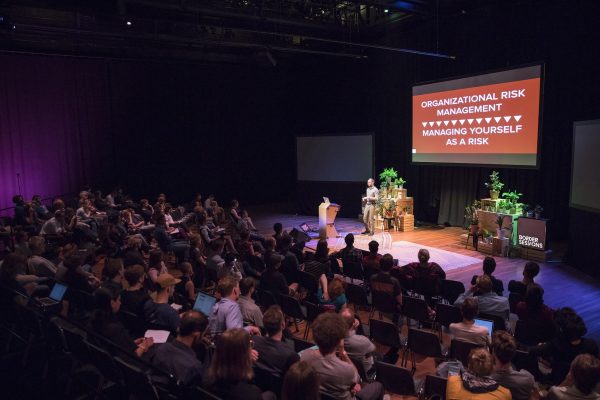 / Events
/ Events
Published 6 July 2017 by Ewen Chardronnet
The second edition of Border Sessions, the festival at the frontiers of technology, was held in The Hague on June 28-30. In its own friendly way, it pushes us to think “out of the box”.
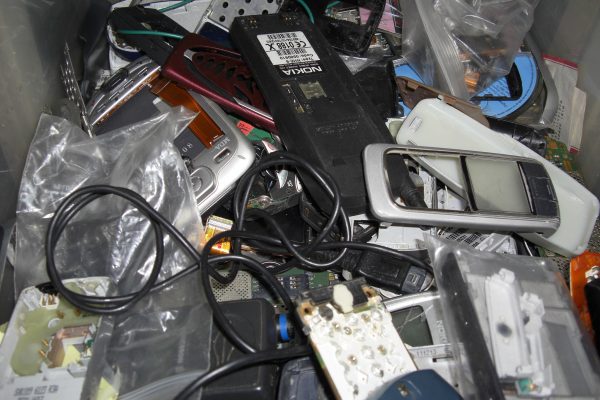 / Tidbits
/ Tidbits
Published 4 July 2017
The European Parliament voted this July 4 in favor of a report destined to make goods longer-lasting and easier to repair.
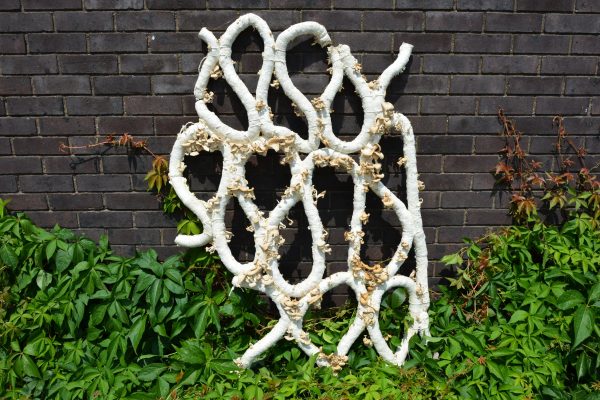 / Tidbits
/ Tidbits
Published 4 July 2017
The architecture made from mycelium proposed by Aleksi Vesaluoma with Grown Structures could enable to design solid structures, durable and respectful of the environment.
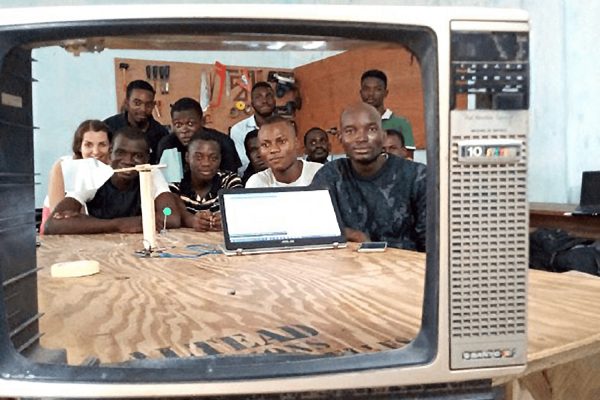 / DIY
/ DIY
Published 3 July 2017 by Caroline Grellier
The makers of Ecoteclab are into low-tech and sustainable development. We were with them in June at their monthly DIY workshop to create an instrument that measures the wind.
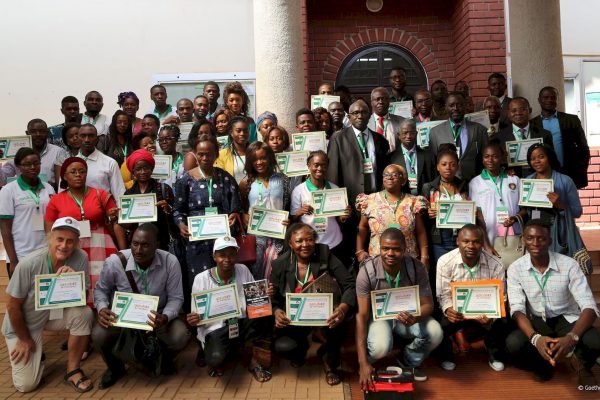 / Voices
/ Voices
Published 29 June 2017 by la rédaction
They organized in May a seminar on biohacking in healthcare. Thomas Hervé Mboa Nkoudou and Jérôme Avom explain the potential of open science for developing countries.
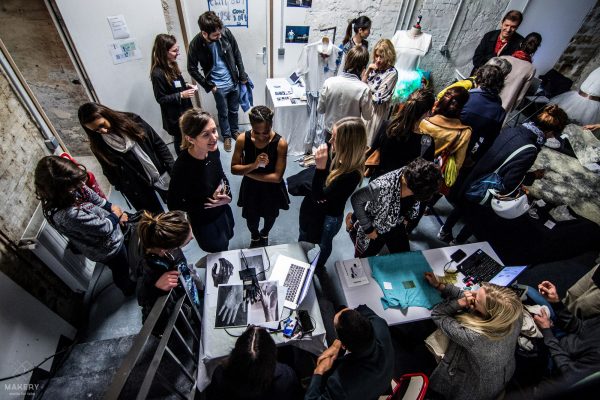 / Lab Life
/ Lab Life
Published 27 June 2017 by Annick Rivoire
The media darling and cofounder of La Paillasse biohacklab in Paris has resigned, now replaced by Hacene Lahreche. For French fablabs, this change marks the end of the “sandbox” era.